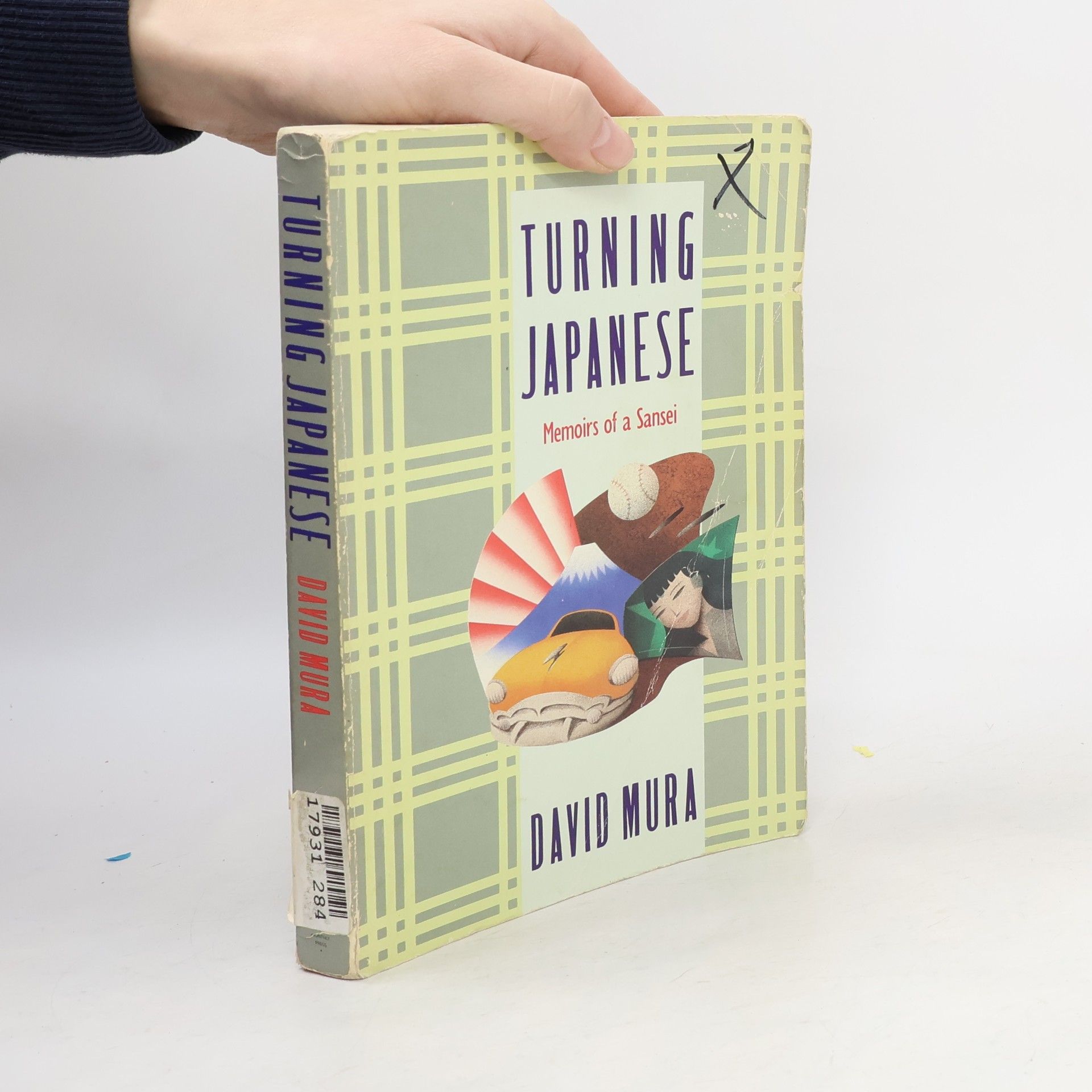The Stories Whiteness Tells Itself
- 312pages
- 11 heures de lecture
"From the country's founding through the summer of Black Lives Matter in 2020, David Mura unmasks how white stories about race attempt to erase the brutality of the past and underpin systemic racism in the present. Mura shows how deeply we need to change our racial narratives to dissolve the myth of Whiteness and fully acknowledge the experiences of Black Americans"-- Provided by publisher

